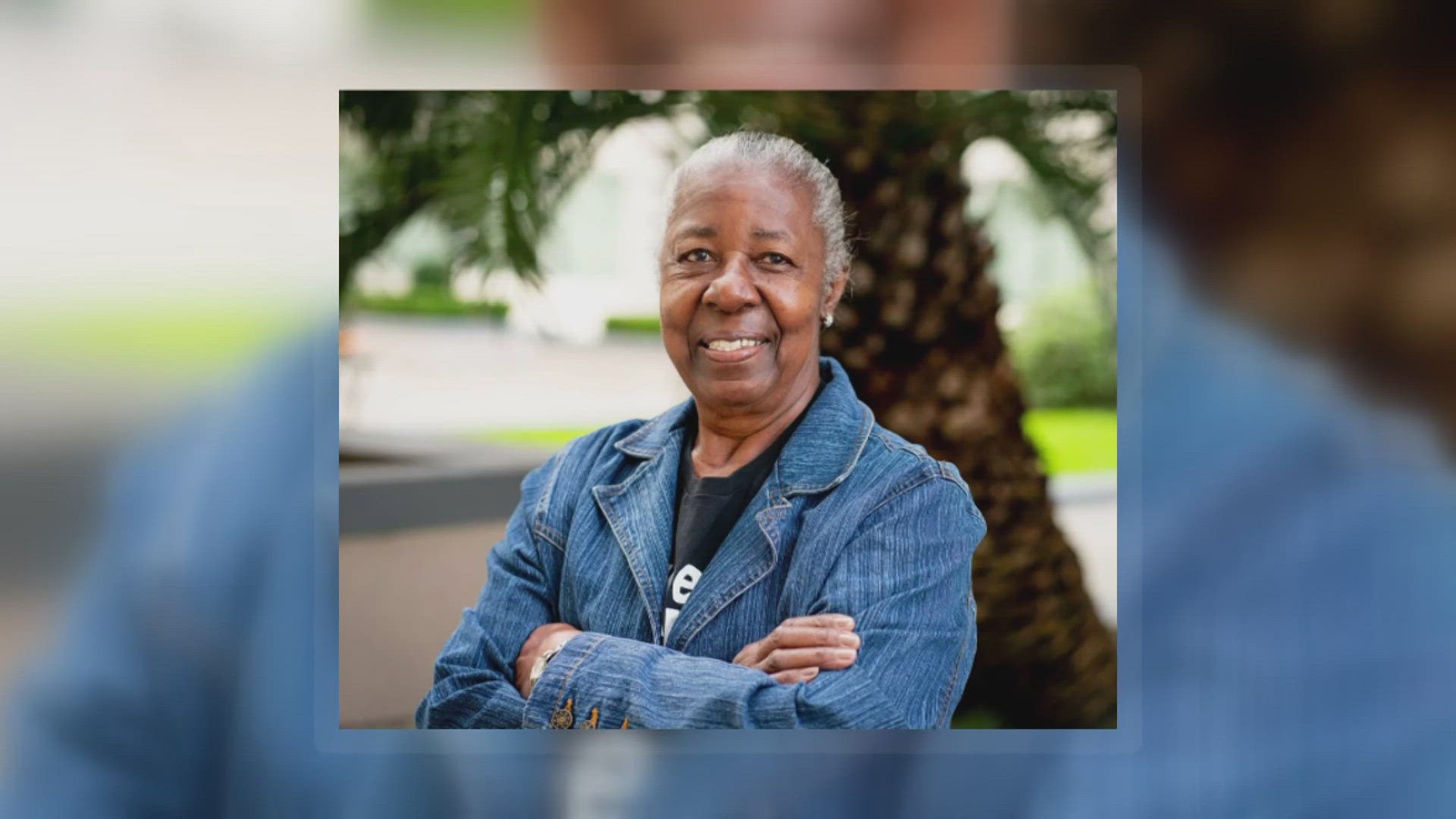KNOXVILLE, Tenn. — The first Black woman to be exonerated of a crime in the state spoke in East Tennessee this week.
Joyce Watkins was the featured speaker at back-to-back events hosted by the Tennessee Innocence Project, a nonprofit organization that focuses on exonerating people who've been convicted of a crime they never committed.
Watkins, and her then-boyfriend Charlie Dunn, were convicted of raping and murdering her 4-year-old great-niece, Brandi, in the late 1980s. Brandi was killed in Davidson County, and Nashville courts took up the case.
Both Dunn and Watkins maintained their innocence for years, and that's where the Tennessee Innocence Project comes in.
Watkins said while she was in prison she paid countless lawyers, went through different organizations and although she knew she was innocent, she was not heard by anybody until the Innocence Project stepped in.
"I never broke down, I never gave up, I never gave out," Watkins said.
Watkins spent a total of 27 years behind bars for a crime she did not commit.
"I always had faith and hope that one day I could prove my innocence and I worked hard to get that done, very hard. I promise you very, very hard," Watkins said. "People ask me, 'Why did you give up?' I wouldn't give up. I didn't start to give up. I started from the beginning and I was going all the way to the end till I got myself, proved that I didn't do that."
Watkins now lives as the first exonerated Black woman in the state of Tennessee thanks to the Innocence Project.
"The lawyers who get out and do their job, they're paid a lot of money for that. They don't do anything but make a phone call. The Innocence Project has stepped in, they are trying to help the wrongly convicted," Watkins said.
The project has currently exonerated six people in Tennessee with no plans of slowing down the pace.
"We would love to have as many people as possible, especially in East Tennessee. We get fewer applications from East Tennessee than anywhere else in the state," said Lane Shuler, vice president of the Tennessee Innocence Project. "It is very expensive and very hard work, especially when you're dealing with somebody that, you know, is innocent. You can probably get them out and you also then know it's gonna take two years — two years of their life can just whiz by while they're in prison. It's hard, it's a hard thing."
With the help of donors and the team behind the project, people like Joyce Watkins can begin to live the lives they were always supposed to have.
"I have to live on. I think about it every day, but I have to live on," Watkins said. "I can't live for what has already happened. I have to go forward and not backward."

